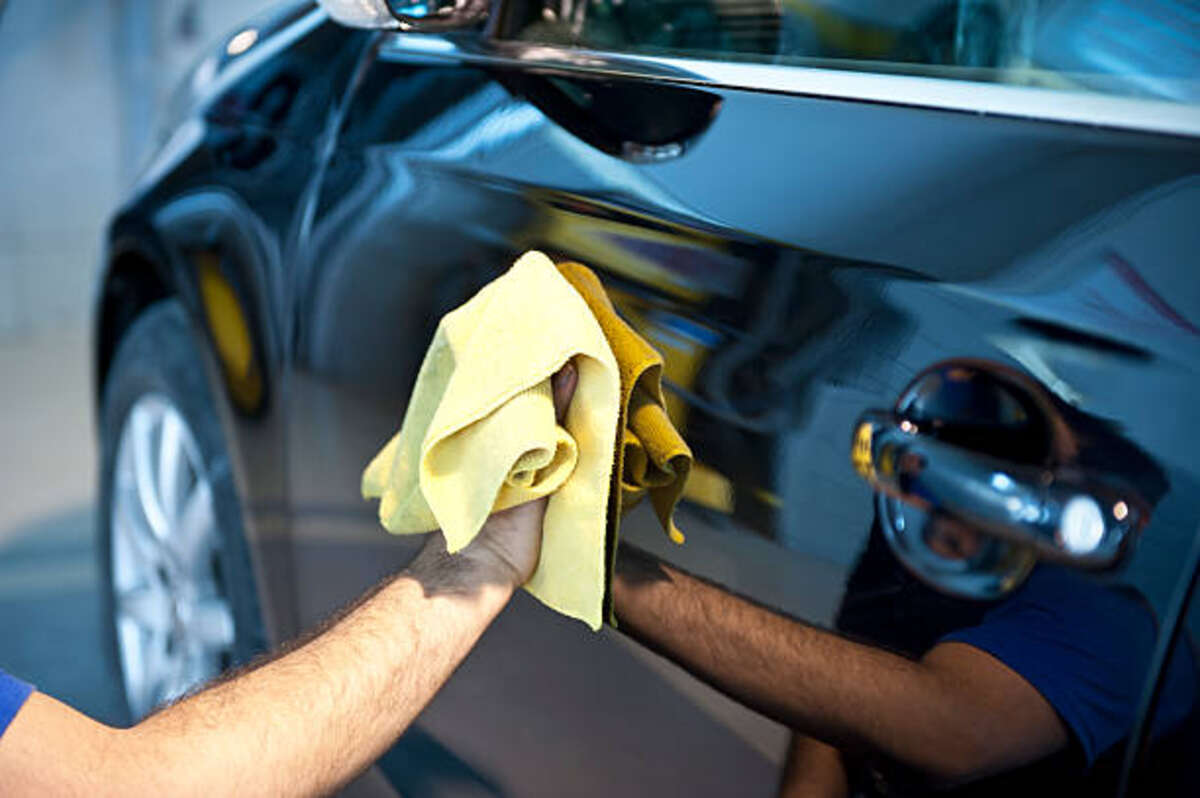Car polishing is an essential step in maintaining and rejuvenating the paint of your vehicle, helping conceal swirl marks, light scratches, and heavy oxidation. Find out the best info about صافکاری.
Wash and rinse the entire car, paying particular attention to hard-to-reach areas such as wheels. After thorough drying with microfiber towels, use microfibre lint-free cloths as a final touch.
Table of Contents
Preparation
Before beginning to polish your car, the initial step should always be a thorough cleaning of your vehicle. This allows surface dirt and contaminants to be effectively eliminated and prevents paint damage; additionally, this provides an opportunity to do an initial inspection for any abnormalities that should be addressed during polishing.
Now is an excellent time to use a clay preparation bar, as these help remove protrusions in the paint, such as railhead particles and environmental contaminants. A pre-wash product designed specifically for automotive paint may also help soften dirt and wax residue so your finish can be more effortless to wipe clean.
Pre-wash products are essential in order to achieve optimal results from car polishing services, helping reduce swirl marks and surface imperfections caused by improper washing techniques.
As soon as you’re ready to begin the polishing process, focus on a tiny section at a time. This will enable you to manage how much polish is applied and removed evenly; apply some on an applicator pad and rub your paint using circular motions with consistent pressure until a section has been polished completely; once that section has been polished off completely, use a microfiber towel or sponge towel to remove any remaining polish residues or build-ups.
Polishing
Your car looks beautiful when you leave the dealership, but over time, it may become less vibrant. Polishing can bring back some of the lost luster by choosing an appropriate polish and working in manageable sections while protecting its paint with wax or sealant to maintain its stunning appearance.
Start by washing the car to remove dirt or contaminants, taking care not to use harsh household cleaners which could potentially harm its clear coat. Use a clay bar if possible for more thorough removal of contamination on paint surfaces, then rinse and wipe down with a microfiber cloth for any remaining water spots or residue.
Next, identify the paint type on your car, as this will dictate which kind of polish to use. Light correction requires gentler solutions, while more aggressive polishes may help clear away heavy scratches or oxidation. Before applying any polish to a prominent area of your body panel, test first in an inconspicuous part so that you know if it matches up well with its paintwork.
Set up your polishing wheel with a clean, slightly damp pad. Apply a moderate amount of product directly onto the paint using circular motions in order to work it into a clear coat. As you traverse body panels, pay special attention to intricate trim areas such as windshield washer nozzles, mirrors, emblems, and complex bumper contours as you polish.
Waxing
To protect newly polished paint and add shine, it’s essential to apply high-quality car wax or sealant. Select one suitable for your car’s paint type and follow manufacturer instructions when using this step – doing so will keep your vehicle looking its best for months at a time while helping reduce water spots and other contaminants from marring its look.
To prevent smearing or damaging the surface:
- Apply light pressure with circular movements on an applicator pad and use circular strokes.
- Start small before expanding to other sections.
- When done with each section, check it for swirl marks or scratches before lightly wiping it clean; you will be amazed at how much better your vehicle’s paint looks after this process!
Some products are intended to serve as both polish and wax in one product, making them suitable for newer cars with minimal paint damage. They typically include fillers to mask imperfections while being more accessible to apply than traditional car polishes.
If your swirls or scratches are more severe, a cutting polish might be more suitable. These can help flatten out high points in the paint while eliminating any remaining swirls or holograms – famous examples include Collinite Prewax Cleaner and Poorboys World SSR2.5.
Finishing
Car polishing’s final stages ensure a vehicle remains beautiful for months at a time, improving water resistance to prevent the accumulation of dirt or mud on its surface and protecting paint against UV rays to slow its fade or degradation over time.
To complete the process, it is essential to apply a wax or sealant that protects painted surfaces from fading and oxidization. Regular car wax applications will keep the paint looking smooth and fresh – after waxing, your vehicle should look similar to when it first came off of the showroom floor.
Depending upon the severity of your car’s scratches and swirl marks, different grades of polish may be necessary. Aggressive polishes may help eliminate deeper scratches; however, these might not always be necessary.
When applying polish, work in small sections. When using a machine, start with a clean pad and moderate amount of compound on one body panel; spread and buff in circular motions to achieve crosshatch effects before moving on to another panel until satisfied with the results. At that time, wipe away any leftover polish residue with a microfiber towel.
Read also: Buying Chilean Cars.


